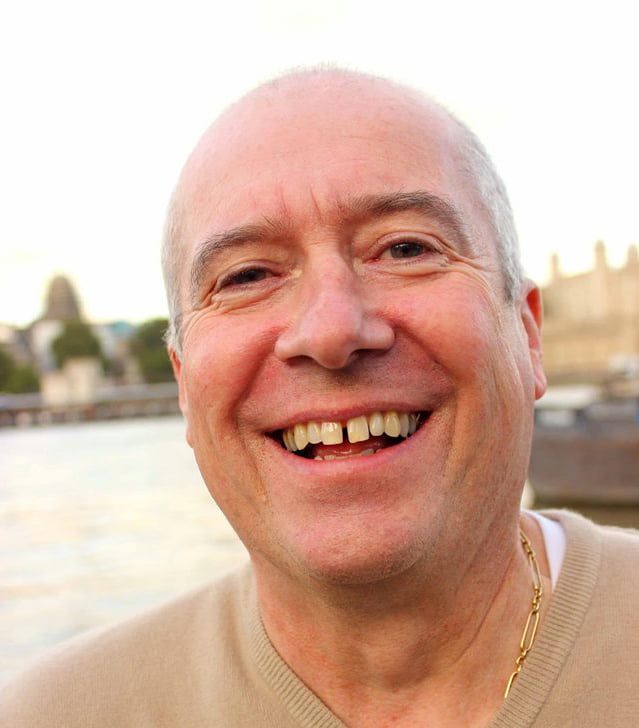
Until I had experienced cancer personally I had very little idea of the psychological and emotional issues that would engulf me both during and after my diagnosis. Once I started doing my support work I realise how these were so different for each age group. Initially I was wrapped up in feeling sorry for myself. At the age of 50 when I was diagnosed I knew that I would be unable to work again, which created many problems for me, not least a feeling of lacking self-worth and being able to provide for my family.
But in hindsight I realise how lucky I was. I have had a life and a career, am married with two grown up boys. I had the life experiences and support to deal with the challenges ahead. What if I had been in the middle of my schooling or similar, how would I have coped then? Unable to have a continuity of education, and finding difficulty in building friendships? Having contact with people of my own age that can understand what I am going through?
Even in hospital there are relatively few specialist cancer wards for young people, although that situation is improving now. Some of the biggest challenges I have seen for young people is where their parents have been diagnosed with cancer, and they have to deal with many unique problems, that they wouldn’t expect to be facing at that stage in their life.
Life is tough enough being a young adult, without the additional complications of cancer to deal with. Education, careers, relationships all starting to form and then cancer strikes! A lot has changed since my diagnosis in 2007, and we seem to understand these issues better now. But it still feels most of us feel that cancer is a disease that affects mainly older people.
I am delighted to see many organisations out there now, helping young people of all different ages, dealing with the very different issues these age groups may have. As an older person I had the confidence to ask a lot of questions and be very proactive in my own care. The problems I found were when I came out of hospital, there was very little support available.
This is gradually changing as more and more of us take to social media to find like-minded people and share our experiences. But it is also important to meet face to face and have interaction.
More people are surviving cancer now but this brings with it the many challenges of survivorship, which may be amplified as a young person. Regular visits to hospital can make living a normal life very difficult, and many people find that dealing with emotional issues can be more difficult than the disease itself.
In my nearly ten years of experience our understanding of the impact of cancer is improving rapidly and there are support services around although far from enough of course, but it’s a start.
I started my own website to talk about cancer and it’s many issues and you can find it at www.chris-cancercommunity.com if you would like to find out more about what I do.